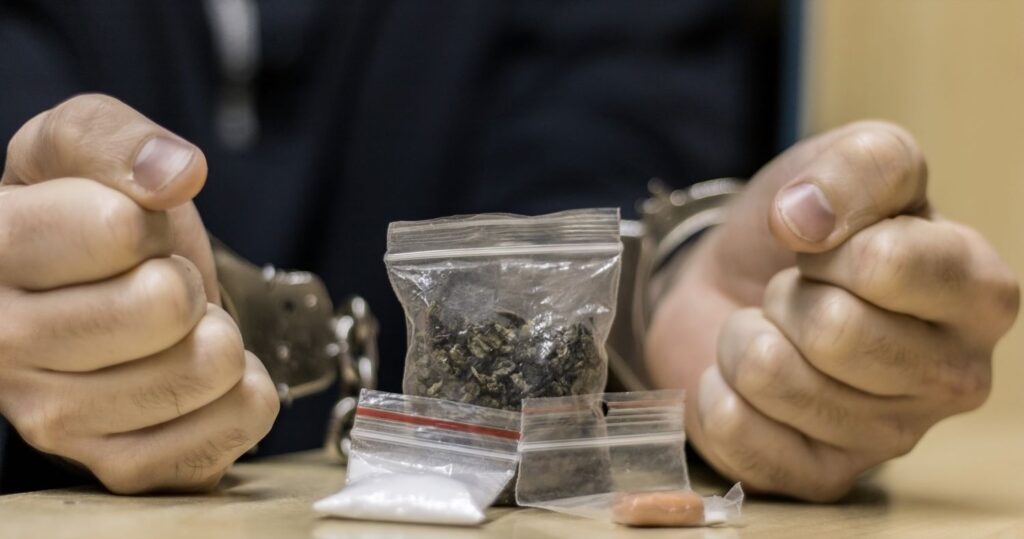Additional Links
- Missouri Drug Charges and Possession Defense Attorney
- How a Criminal Defense Attorney Can Protect Your Rights and Future
- What to Do If You're Charged With a Drug Crime in Missouri
- Arrested for a Drug-Related Crime? Know Your Miranda Rights
- What to Do If You Are Arrested for Drugs That Are Not Yours
- Common Criminal Defense Strategies in Missouri
- Can I Avoid Jail Time for a First-Time Drug Crime?

How Is "Intent To Distribute" Determined in St. Louis and Missouri?
Missouri law, specifically MO RS 579.020, states that "knowingly possessing a controlled substance with the intent to distribute or deliver any amount of said controlled substance" is a class C felony.
Protect yourself from the consequences of a drug-related conviction. Contact one of our criminal defense lawyers today at (314) 900-HELP to protect your interests.
These charges are punishable by anywhere between 3 to 10 years in state prison, as well as a potential maximum fine of $10,000. An exception to this rule is if you were caught with 35 grams or less of cannabis--this makes possession with intent to distribute a class E felony, which carries a maximum sentence of four years' imprisonment. Possession with intent charges can, and often are, placed in the same indictment with other drug charges in order to lengthen sentences.
As for what actually signifies "intent to distribute", usually police and prosecutors define this by using circumstantial evidence. The general rule in Missouri is that the amount of drugs found must be substantial enough for a "reasonable person" to conclude that it was too much for personal use. This definition has been challenged in court, and produced various rulings over time: the 2003 case State v. Belton found that two pounds of cannabis was enough to prove that a defendant had the intent to distribute it, but three years later State v. McCleod overturned a possession with intent conviction for a man who was caught with 7.5 ounces of marijuana on his person. Circumstantial evidence is also heavily used to establish intent to distribute: for example, the presence of plastic bags, twist-ties, a scale, or loose cash is usually enough to support a charge.

























